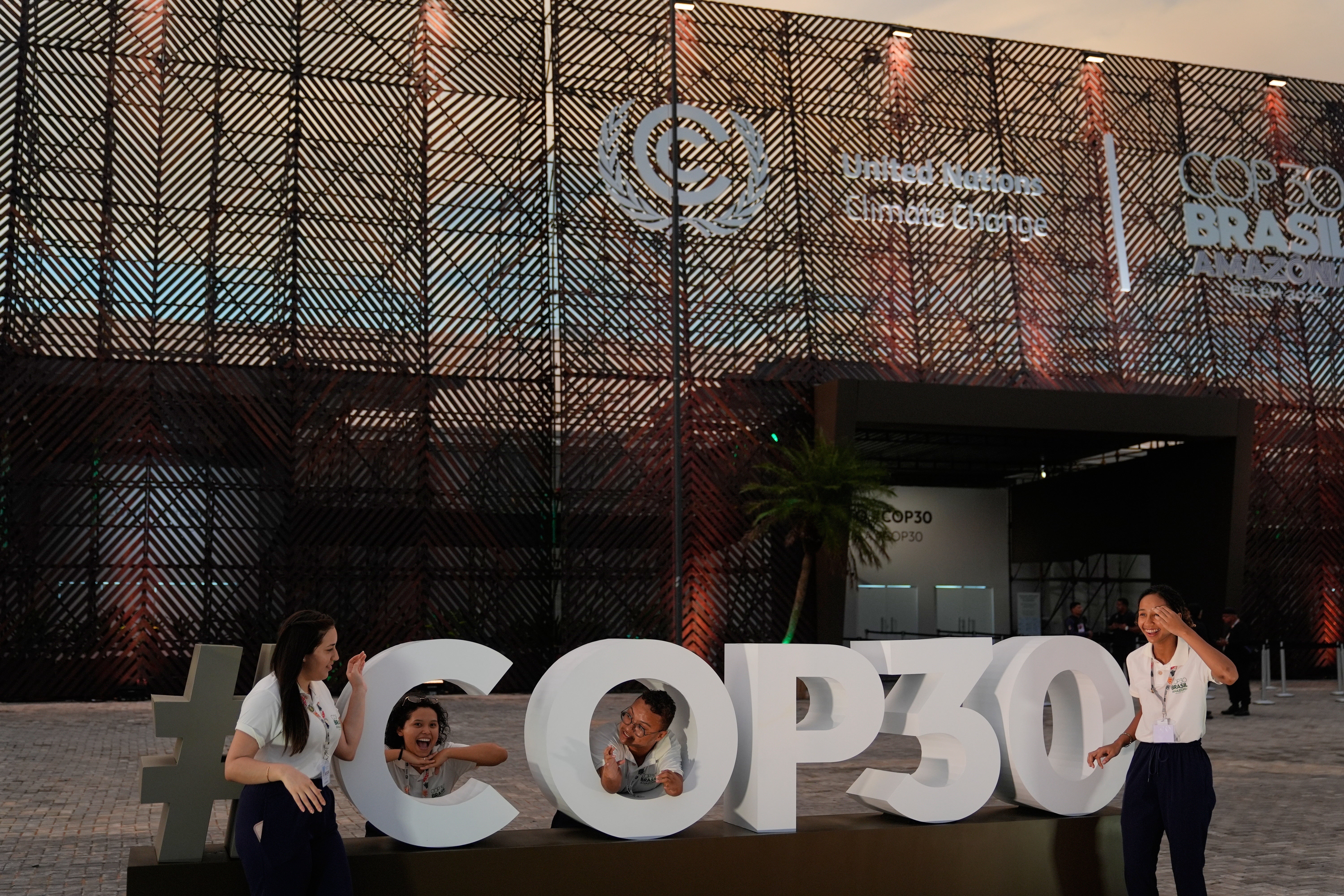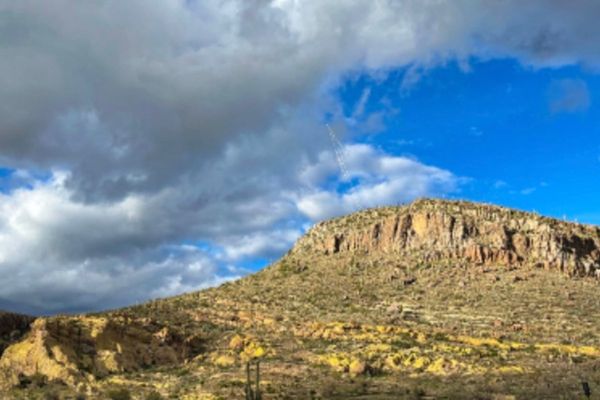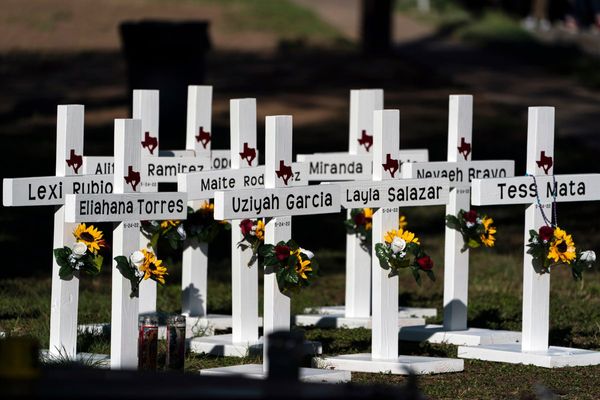The world will not forgive governments that fail to act on the climate crisis, the UN’s top climate official has warned, as negotiations opened on Monday at Cop30 in Brazil.
Simon Stiell, executive secretary of the UN Framework Convention on Climate Change (UNFCCC), told ministers from nearly 200 countries in Belém that governments dragging their feet on cutting fossil fuel use would be blamed for famines, conflicts and economic decline.
“Not one single nation among you can afford this, as climate disasters rip double digits off GDP,” he said in his opening address.
“To squabble while famines take hold, forcing millions to flee their homelands – this will never be forgotten… When climate disasters decimate the lives of millions, when we already have the solutions, this will never, ever be forgiven.”
The UNFCCC is the main international treaty for coordinating efforts to combat climate change by stabilising greenhouse gas concentrations.

Mr Stiell said leaders faced a clear choice between accelerating the switch to cheaper clean energy and locking in instability. Countries “opting out or taking baby steps”, he warned, would face stagnation and higher prices while others “surge ahead”.
The Belém summit is the first Cop held in the Amazon and is billed as a make-or-break moment for keeping the Paris Agreement’s 1.5C temperature goal within reach. Temperatures have already breached that threshold over the past two years on a provisional basis.
Mr Stiell said, “we can and must bring temperatures back down to 1.5C after any temporary overshoot”, but only with rapid cuts this decade, including methane, and a decisive move away from fossil fuels.
Talks are expected to centre on three main points: how to operationalise the promised “transition away from fossil fuels” agreed at Cop28; how far countries will strengthen their next round of national climate plans, due by 2025; and how rich nations will deliver on a pledge, made last year, to mobilise $300bn a year in climate finance as part of a broader $1.3tn-a-year goal for developing countries by 2035.
Small island states have pushed for a formal agenda item on tougher 2035 targets, warning current national pledges put the world on track for about 2.5C of heating. Several major emerging economies and oil producers are resisting efforts to hardwire 1.5C-aligned obligations into the talks.
Brazil’s president, Luiz Inácio Lula da Silva, urged countries to agree on a “roadmap” to end dependence on fossil fuels and to scale up protections for forests and Indigenous communities, arguing that weakening climate action or attacking climate science would be “catastrophic” for the planet and global stability.







